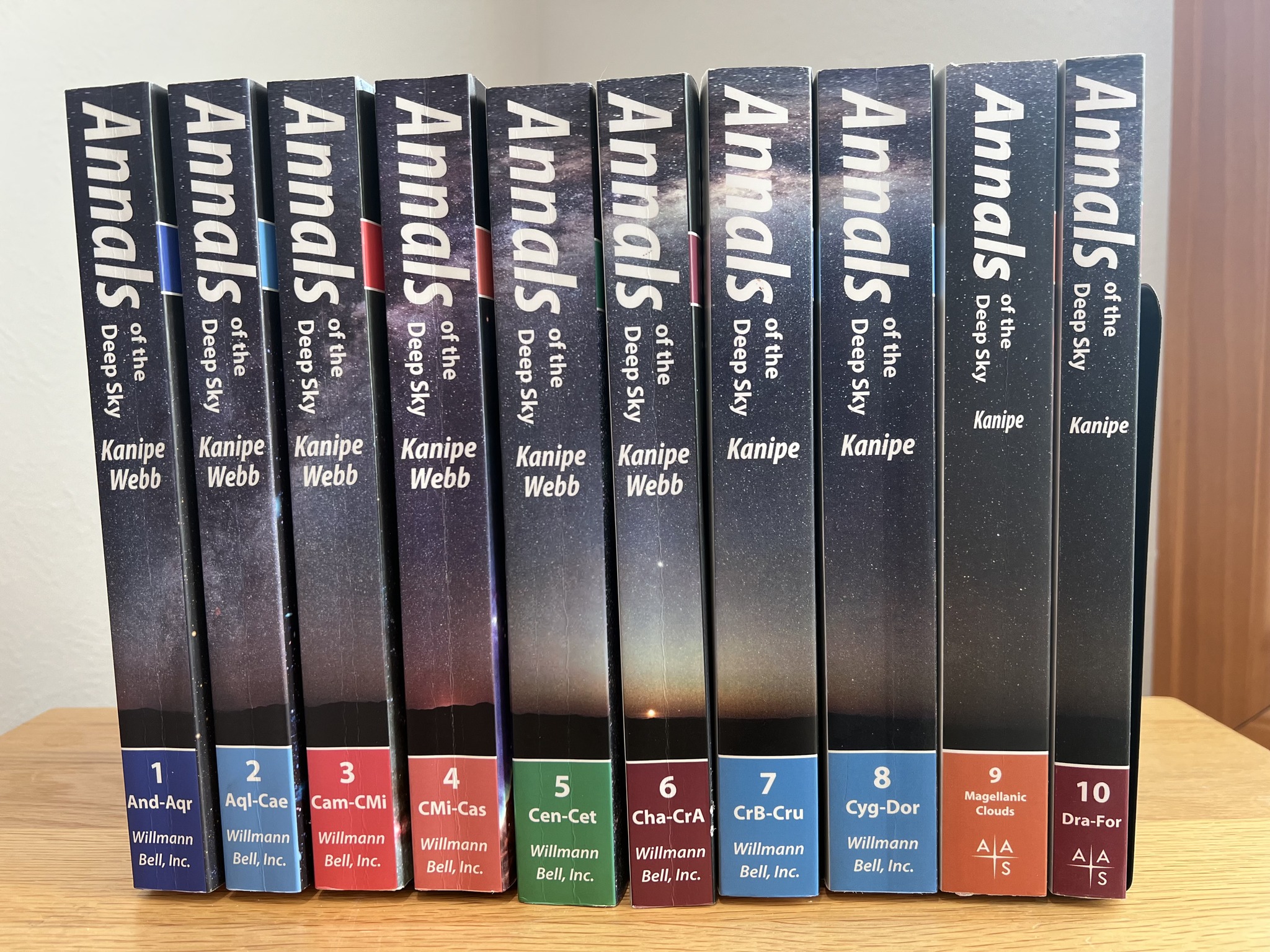
You may have noticed the word “annals” frequently appearing in articles generated by ChatGPT. It’s one of those words that seems to pop up everywhere, almost as if it’s a favorite term of the AI. But why is it so common, and are there better alternatives that might make for more engaging reading? We’ll explore these questions and more in this article. By understanding the reasons behind the frequent use of “annals” and considering simpler alternatives, you can make your writing more engaging and accessible to a broader audience.
Why ‘Annals’ is Commonly Used in ChatGPT Writing
Let’s dive into why ChatGPT seems to have a fondness for using the word ‘annals.’ Firstly, ‘annals’ tends to give an air of depth and historical significance to a subject. When the AI wants to make something seem noteworthy or enduring, it often resorts to this term. For instance, you may have seen it in contexts like the Annals of Internal Medicine, which presents important scientific updates. Using ‘annals’ in such a setting emphasizes the importance and longevity of the information being presented.
Another reason for its frequent use is the word’s versatility. ‘Annals’ can fit smoothly into various contexts—from scientific research to historical records. For example, the New in Annals publication by the New York Academy of Sciences explores how organisms use generative models. The term here emphasizes the lasting value of these findings in the scientific community.
However, while ‘annals’ might add a certain weight to your writing, it isn’t commonly used in everyday conversation. This can make the text feel a bit stiff or formal, which isn’t ideal if you’re aiming to connect with a broad audience. For instance, consider reading about telemedicine experiences in the Annals of Family Medicine. The word ‘annals’ might distance readers who are looking for approachable and relatable content.

Source: Freepik
Alternatives to ‘Annals’ for Better Readability
Improving the readability of your text doesn’t have to be complicated. When you swap out a word like “annals” for something more familiar, you make your writing more engaging and accessible to a broader audience. Here are some excellent alternatives you can consider.
Using simpler words can make your writing more approachable while retaining its impact. For instance, replacing “annals” with phrases like “records,” “archives,” or even “history” can make difference. Let’s take a closer look at why these alternatives work so well.
Consider the sentence: “In the annals of medical science, this discovery stands out.” Now, swap “annals” for a simpler term: “In the records of medical science, this discovery stands out.” The second version feels more straightforward and is easier for most readers to understand. Why? Because words like “records” are much more commonly used in daily conversation, making the information easier to digest.
Chronicles, Logs, and Journals
Various alternatives can replace “annals” depending on the context. Here are a few examples:
- Chronicles: This term is particularly useful when you’re discussing historical events. For instance, “In the chronicles of history, this event is unmatched.”
- Logs: Great for time-based entries, such as daily activities or observations. Imagine saying, “In the ship’s logs, this journey was the longest.”
- Journals: Ideal for scientific and academic contexts. An entry could read, “The findings were documented in renowned scientific journals.”
By using these terms, you enhance clarity without sacrificing the depth or seriousness of your subject matter.
Expert Opinions and Personal Experiences
Some experts recommend steering clear of jargon-heavy language to ensure your message reaches a wider audience. Pulitzer Prize-winning journalist David E. Hoffman has emphasized the importance of clarity in writing, especially when tackling complex issues.
What’s more, in my own experience, I’ve found that opting for more accessible language often leads to better engagement. For instance, when educating readers on detailed medical technologies, such as ECMO, using straightforward terms can make a important difference in comprehension. The goal is to make sure your readers aren’t stumbling over complicated vocabulary, so they can focus on the substance of what you’re saying.
These replacement words not only make the text easier to read but are also more familiar, inviting a broader audience to engage with your content. For instance, in a paper published in the Annals of Epidemiology, author Yeji Ko illustrates how clear language can effectively communicate detailed scientific discoveries to both specialists and general readers.
Bottom Line
In summary, while “annals” can add an air of sophistication to your writing, it may not always be the best choice for engaging a broader audience. By understanding why ChatGPT frequently uses this term and exploring simpler alternatives like “records,” “archives,” or “chronicles,” you can make your writing more accessible and reader-friendly. Next time you’re writing, consider swapping out “annals” for a term that resonates better with your readers. This simple change can make your content more compelling and easier to understand, ensuring it connects with a wider audience.



